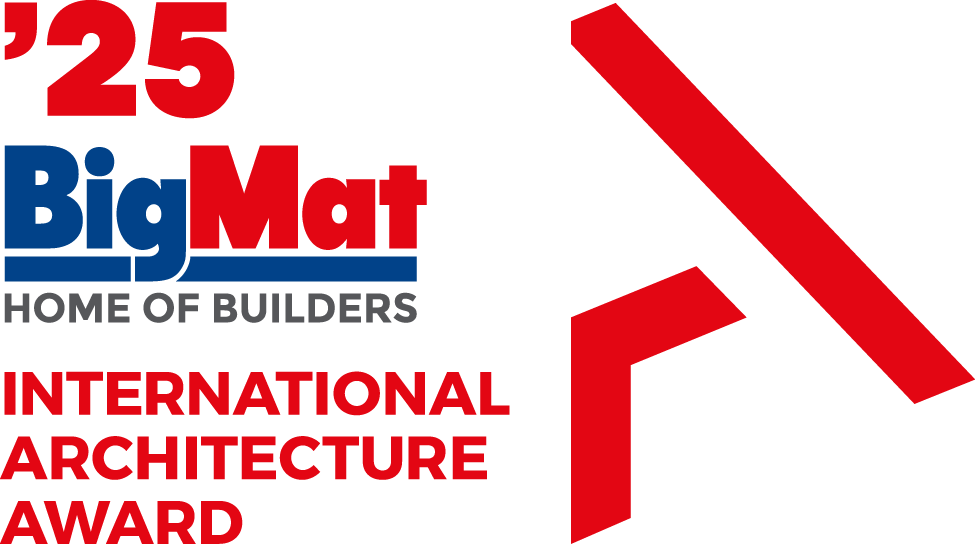The BigMat International Architecture Award 2023 has garnered an overwhelming response, with over 850 entries received during the open call for projects. Architects from across Europe have showcased their remarkable designs, pushing the boundaries of innovation, sustainability, and creativity. As the submission phase concludes, the review and evaluation process now commences, with an esteemed panel of experts set to assess these exceptional architectural endeavors.
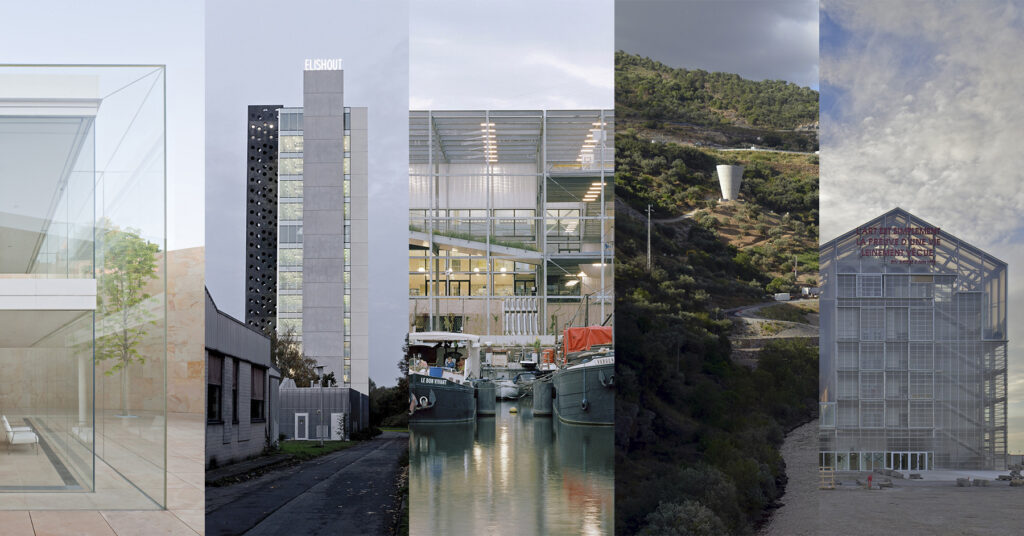
The BigMat International Architecture Award 2023, featuring an impressive array of over 850 entries, embarks on its first review phase which will last until June 11th. The biannual award, recognizing remarkable architectural achievements, will be evaluated by a distinguished jury panel comprising renowned architects from Europe. With fourteen prizes at stake, including national and grand prizes, this edition promises to showcase exemplary architectural works across various categories.
THE BIGMAT INTERNATIONAL ARCHITECTURE AWARD
The BigMat Group was founded in 1981 with the aim of facilitating the distribution of construction materials through partnerships with business owners. The International Architecture Award originated in Spain in 2005 before expanding internationally after three editions, attracting large numbers of participants.
Since its first international edition in 2013, the BigMat Award has rewarded the best contemporary architectural projects carried out in the seven countries where BigMat operates. Previous editions’ Grand Prize has been awarded to Belgian architect Xaveer de Geyter (2013 and 2019), Spanish architect Alberto Campo Baeza (2015), the French office Lacaton&Vassal (2017) and Portuguese architect Souto de Moura (2019).
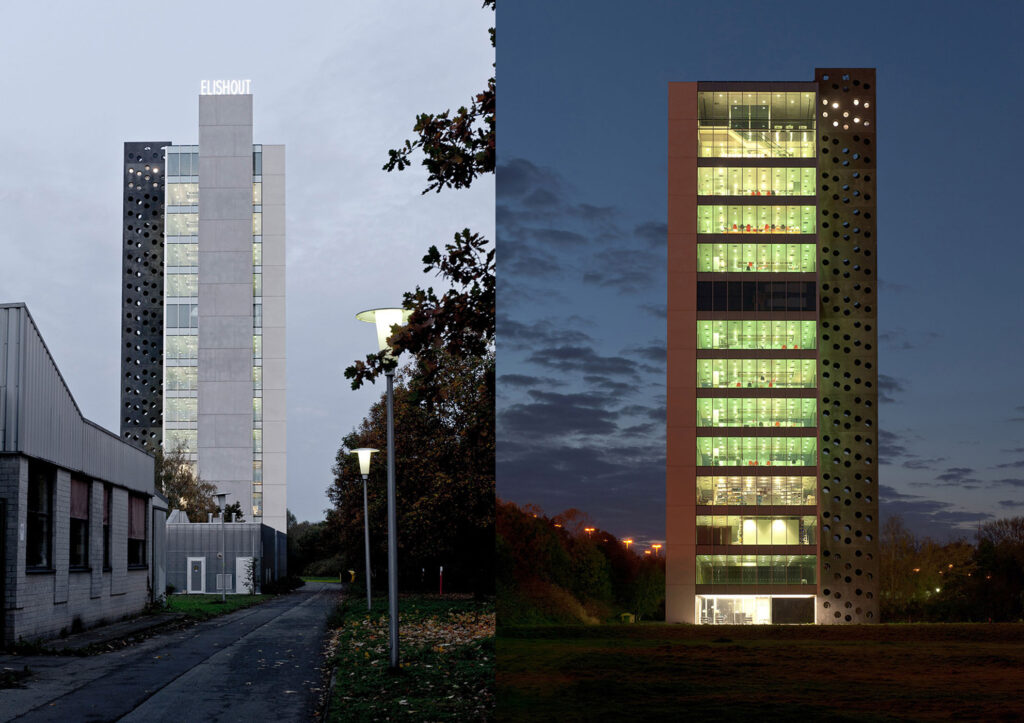
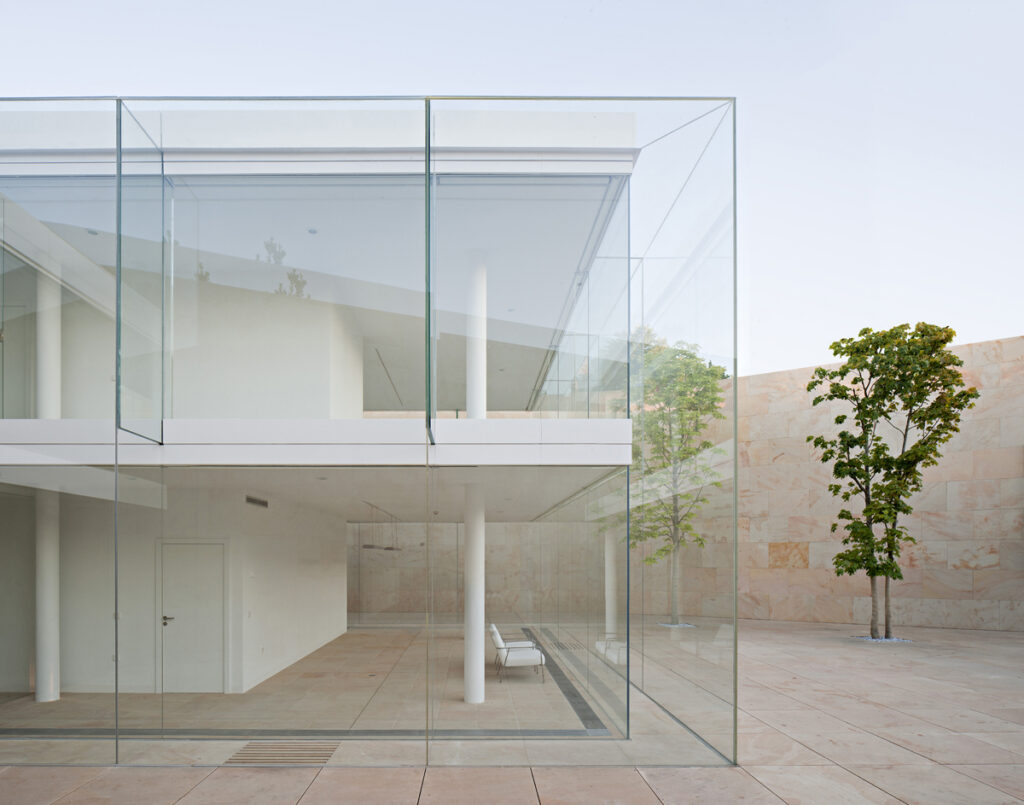
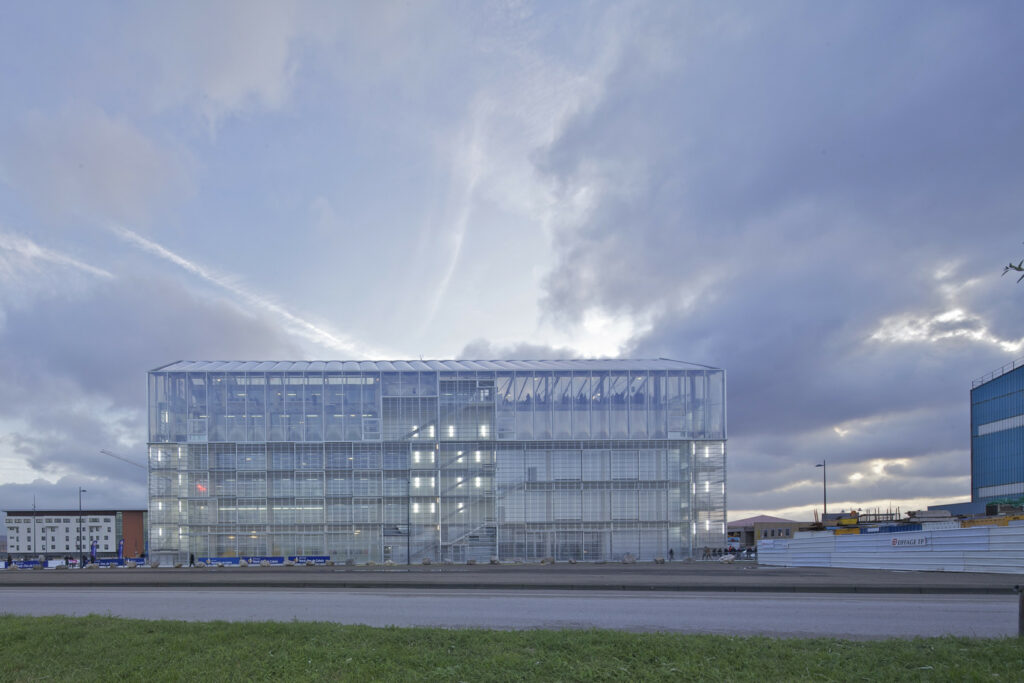
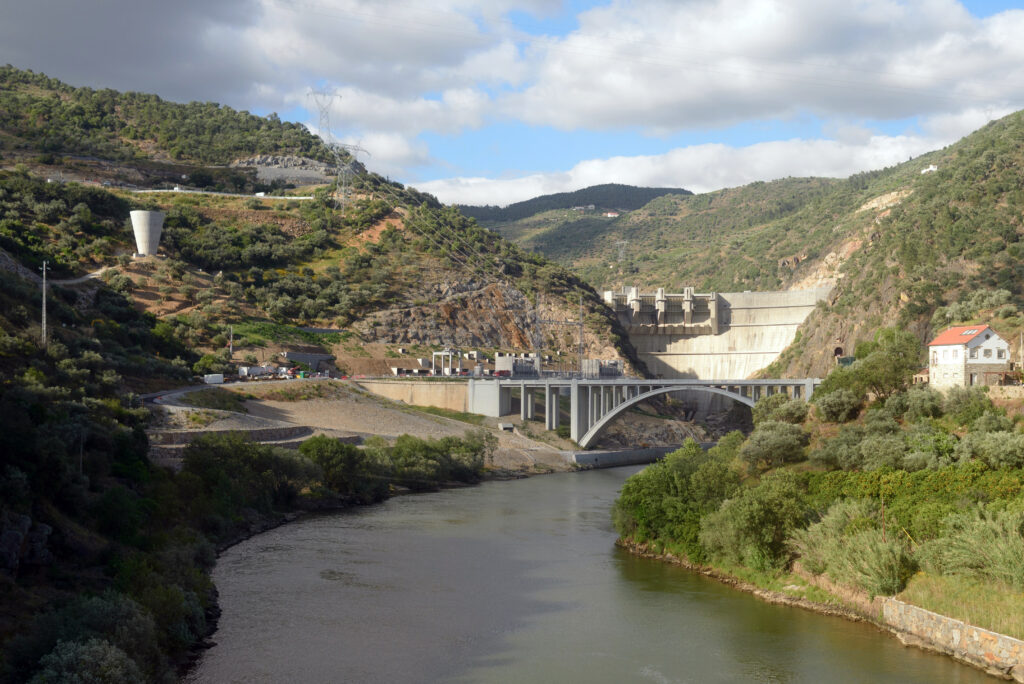
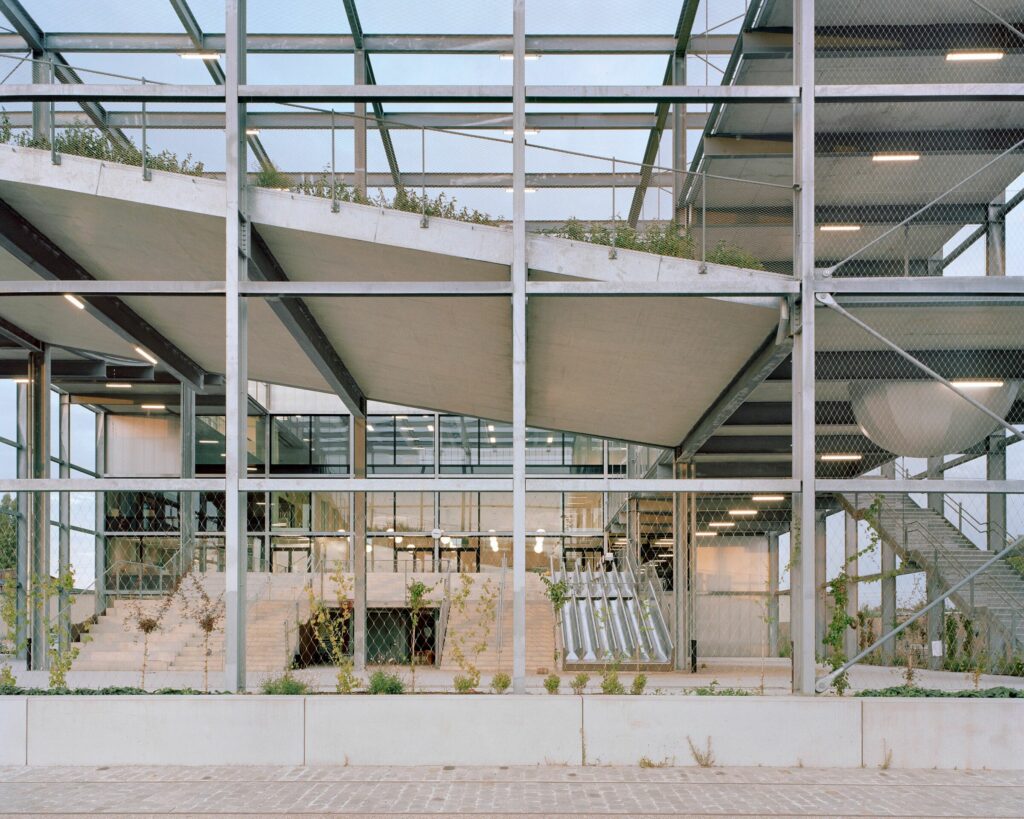
After over 20,000 applications over the last 10 years, BigMat is proud to launch the sixth edition of the award, keeping it’s focus on smaller-scale architecture which has become ever more relevant in our uncertain times.
ADMISSION AND PRIZES
The jury will select a total of fourteen BMIAA’23 National Prizes rewarded €1,500 each: seven small-scale residential architecture and another seven architectural works. Necessarily the seven countries competing for the Award will have to be represented in both categories.
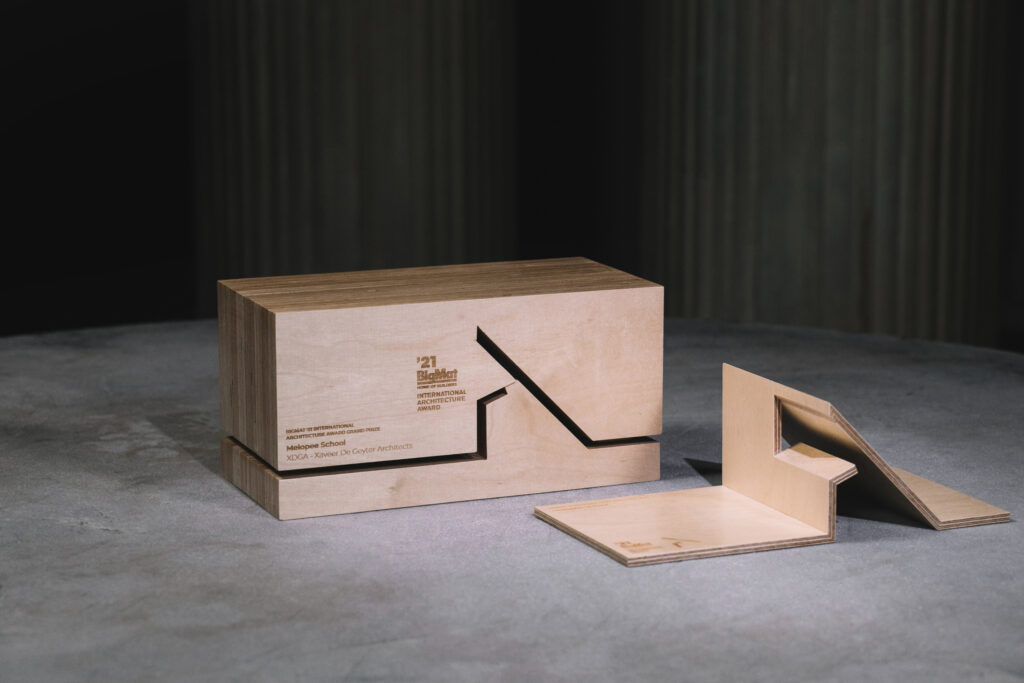
The seven National Awards for Small-Scale Residential Architecture will compete for the BMIAA’23 Grand Prize for Small-Scale Residential Architecture (€1,500 for the National Prize + €28,500 for the Grand Prize). The seven National Prizes for the rest of the architecture works will compete for the BMIAA’23 Grand Prize for Architecture (€1,500 for the National Prize + €28,500 for the Grand Prize). A Special Mention Award for Young Architects (€1,500) will be arranged in case none of the applicants in this category were chosen as Grand Prize.
The jury will meet to award the fourteen prizes. The final ruling will be made public during the awards ceremony that will take place in November 2023 in a European city.
BMIAA 2023 JURY PANEL
This edition’s Panel of Judges brings together some of the most talented architects in Europe today. Joining Jesús Aparicio (Award President) and Jesús Donaire (Award Secretary) will be David Van Severen (Belgium), Petr Janda (Czech Republic and Slovakia), Gilles Delalex (France) Enrico Molteni (Italy), Nuno Brandão Costa (Portugal) and Ángela García de Paredes (Spain).

Jesús Aparicio, founder of Jesus Aparicio Architectural Office and Professor at the Technical University of Madrid School of Architecture, he has a triple approach to architecture, through research, teaching and professional practice.
Jesús Donaire, founder of Jesús Donaire Architecture + Communication Office and Professor of Technical University of Madrid School of Architecture and visiting Professor at Politecnico di Milano since 2016. His professional work has been awarded internationally, highlighting the ENOR awards on two occasions, LLEDÒ, COAM Madrid, ASCER for Ceramic Architecture.
David Van Severen, Architect and founder of OFFICE Kersten Geers David Van Severen, graduated in Architecture and Urbanism from the University of Ghent and the ETSA in Madrid. Since 1995, he has designed and created various objects, installations, and furniture. He has worked for Stéphane Beel Architects, Xaveer De Geyter Architects and Atelier Maarten Van Severen. He has been a professor and visiting critic at the Amsterdam Academy, the Delft Technical University, the Berlage Institute and the Versailles School of Architecture. He currently teaches at Harvard GSD.
Petr Janda is an architect and artist founder of his own studio petrjanda / brainwork. He currently works as a visiting professor at the Faculty of Arts and Architecture of the Technical University of Liberec. In 2020 and 2021 he was nominated for Architect of the Year in the Czech Republic. His work has been internationally rewarded, including a finalist for the 2022 Mies van der Rohe Award. His approach is based on interconnecting physical and metaphysical layers in the project, combining form and content and including sculptural methods with conceptual trends.
Gilles Delalex is one of the directors of the French architecture studio Muoto in Paris. Muoto was created by Gilles Delalex and Yves Moreau in 2003. Its activities focus on the fields of architecture, urban planning, design, teaching and scientific research. Since its creation, the studio has carried out various projects, from master plans to installations, including public and residential buildings. He has been chosen as curator of the French pavilion at the 2023 Venice Biennale.
Enrico Molteni is an architect and teacher, founder of his own studio in 1997 in Milan. He has been a professor at the Academia Medrisio and is currently a professor at the University of Genoa. He has given lectures and has participated in architecture exhibitions at numerous institutions, both in Italy and abroad. His work, including projects in Italy, South Korea and Thailand, has been published and recognized internationally.
Nuno Brandão Costa founder of his own studio brandao costa arquitectos in 1998 in Porto. He is currently a tenured professor at Project 4, a project design department, where he started in 2001. He was coordinator and professor in the Advanced Studies in Architectural Design course at FAUP in 2014/2015 under the supervision of Eduardo Souto de Moura. Together with Sérgio Mah, he was appointed curator of the Portuguese Official Representation at the 16th Venice Architecture Biennale in 2018.
Ángela García de Paredes founded Paredes Pedrosa Arquitectos with Ignacio Pedrosa in 1990. Professor of the Project Design Department at the ETSAM in Madrid and visiting professor, speaker, judge and curator in national and international contexts. She has been awarded with several Spanish and Ibero-American Biennials and has exhibited in 5 Venice Biennales, in 2018 with a monographic exhibition. His architectural work includes cultural buildings and also specific interventions in historical buildings.
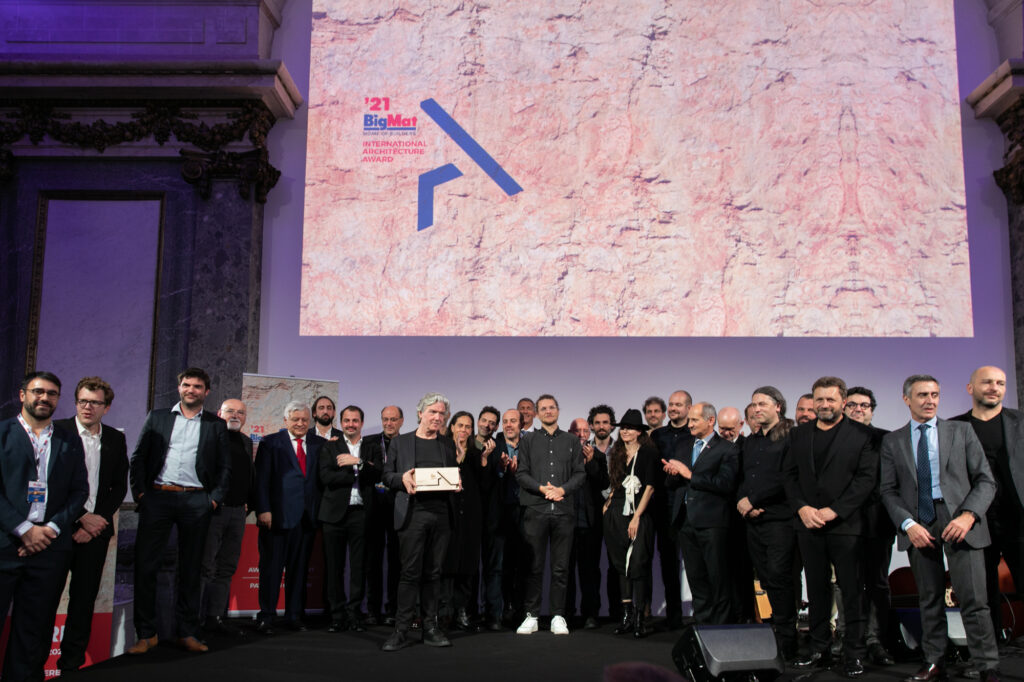
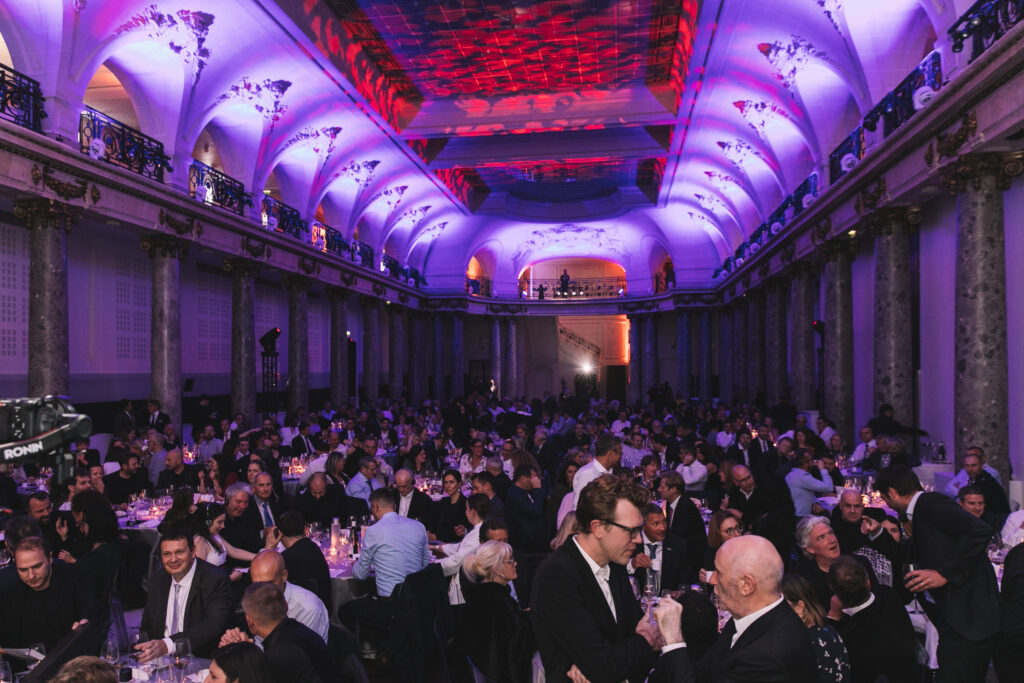
PREVIOUS EDITIONS
The first edition of the BigMat International Architecture Award took place in 2013 and the Grand Prize was granted to Belgian architect Xaveer de Geyter at the awards ceremony held in Granada, Spain, in November 2013. The jury that selected his project among the other six National Prizes comprised six prestigious architects – chairman Jesús Aparicio, along with Marie Vanhamme (Belgium), Carlos Ferrater (Spain), Dominique Perrault (France), Cino Zucchi (Italy), Zdenek Lukeš (Czech Republic)- as well as the Awards Secretary Jesús Donaire.
Spanish architect Alberto Campo Baeza was appointed winner of the second edition in the event held in Berlin in November 2015. Out of a list of 750 projects from 6 European countries (Belgium, Czech Republic, France, Italy, Portugal and Spain), the panel of judges chaired by Jesús Aparicio and comprising Olivier Bastin (Belgium), Martin Rajnis (Czech Republic), Henri Ciriani (France), Francesco Dal Co (Italy), Manuel Aires Mateus (Portugal), Antonio Ortiz (Spain) and the Awards Secretary, Jesús Donaire, decided to give the BigMat International Architecture Award ’15 to the office building located in Zamora, Spain, by Campo Baeza Architecture Studio.
French architects Lacaton & Vassal won the third edition of BigMat International Architecture Award in the event held in November 2017 at the Palazzo Vecchio in Florence, Italy. Out of a list of almost 900 projects from 7 European countries (Belgium, Czech Republic, France, Italy, Slovakia, Portugal and Spain), the panel of judges chaired by Jesús Aparicio and comprising Xaveer De Geyter (Belgium), Henrieta Moravčíková (Czech Republic + Slovakia), Marc Barani (France), Francesco Isidori (Italy), Paulo David (Portugal + Spain), and awards secretary Jesús Donaire, decided to give the award to the French National Fund for Contemporary Arts building ‘FRAC’ in Dunkirk, by Lacaton & Vassal.
The fourth latest edition of the BigMat International Architecture Award was won by Portuguese architect Eduardo Souto de Moura. The architecture master received the award in the ceremony held on November 2019 in the French city of Bordeaux, coinciding with BigMat International’s Annual Congress. Composing the panel of judges on this occasion were Jury chairman Jesús Aparicio and Award’s Secretary Jesús Donaire, who were joined by prestigious architects Stéphane Beel (Belgium), Petr Pelčak (Czech Republic and Slovakia), Philippe Prost (France), Paolo Zermani (Italy) and Fuensanta Nieto (Portugal and Spain). Out of a total of almost six hundred projects presented across the seven European countries taking part, the BigMat International Architecture Award ’19 was finally given to the Power Plant for the “FOZ TUA” DAM in Foz do Tua, Portugal by Eduardo Souto de Moura.
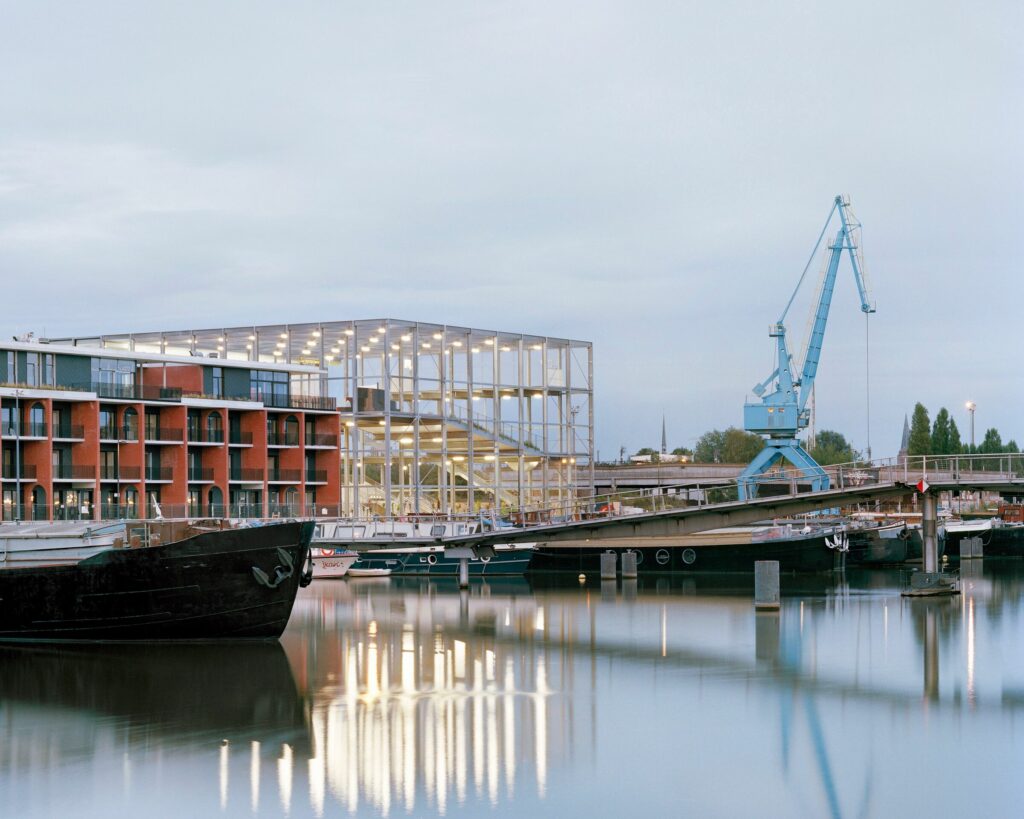
Xaveer de Geyter repeated as Grand Prize in the fifth and latest edition of the Award, in 2021, for his Melopee School. The Jury was composed by Jesús Aparicio (Award President) and Jesús Donaire (Award Secretary) and Adrien Verschuere (Belgium), Pavol Paňák (Czech Republic and Slovakia), Alexandre Theriot (France) Nicola Di Battista (Italy) and Inês Lobo (Portugal and Spain).
